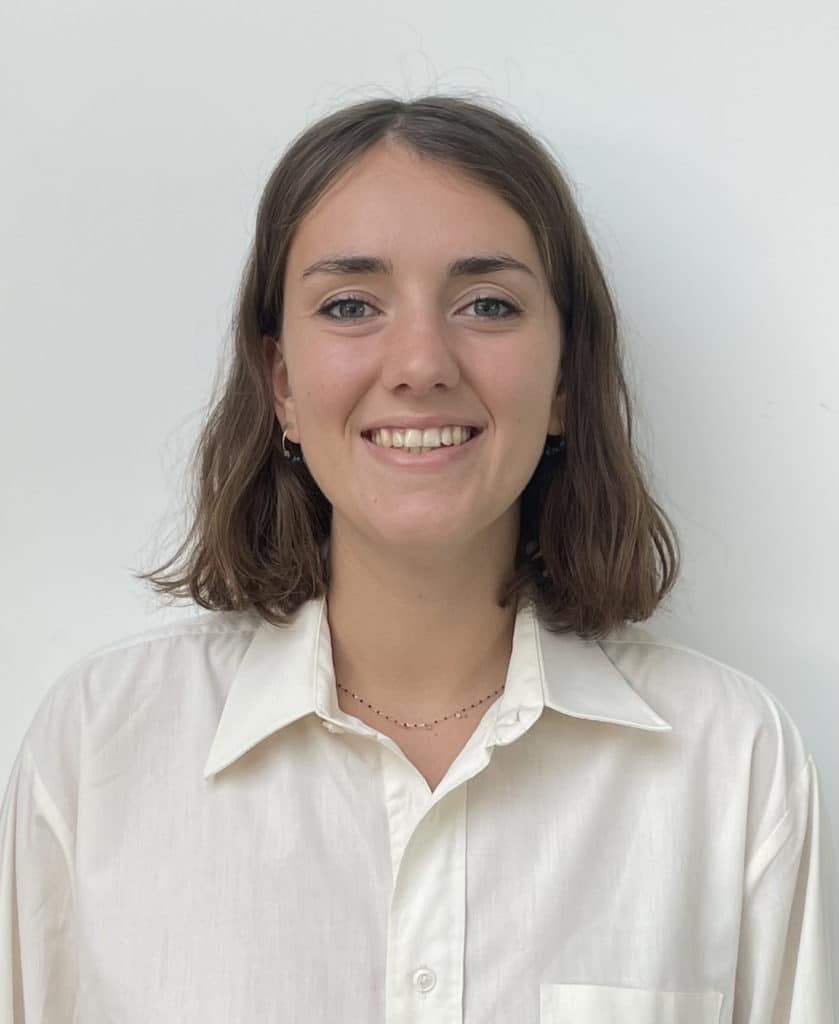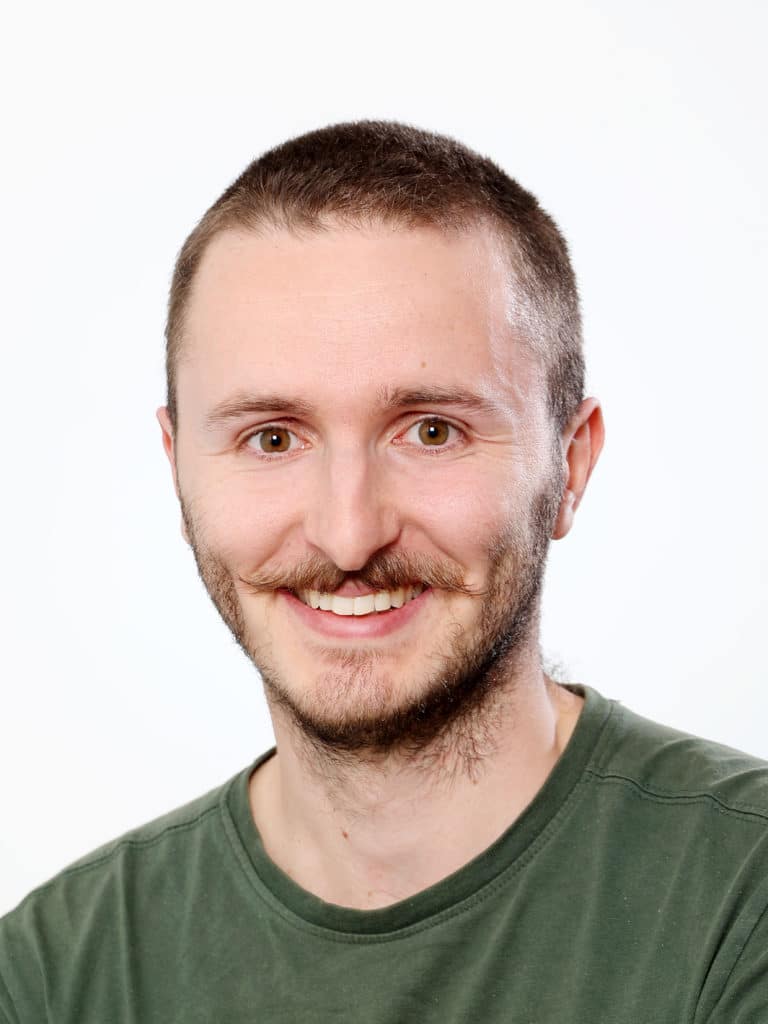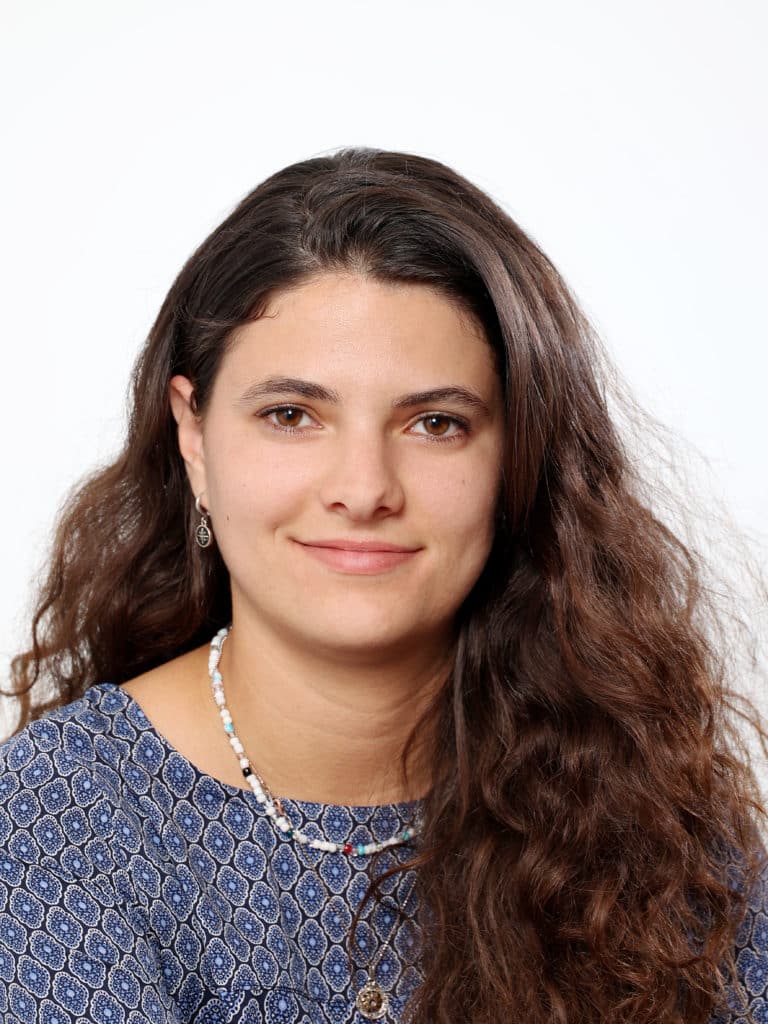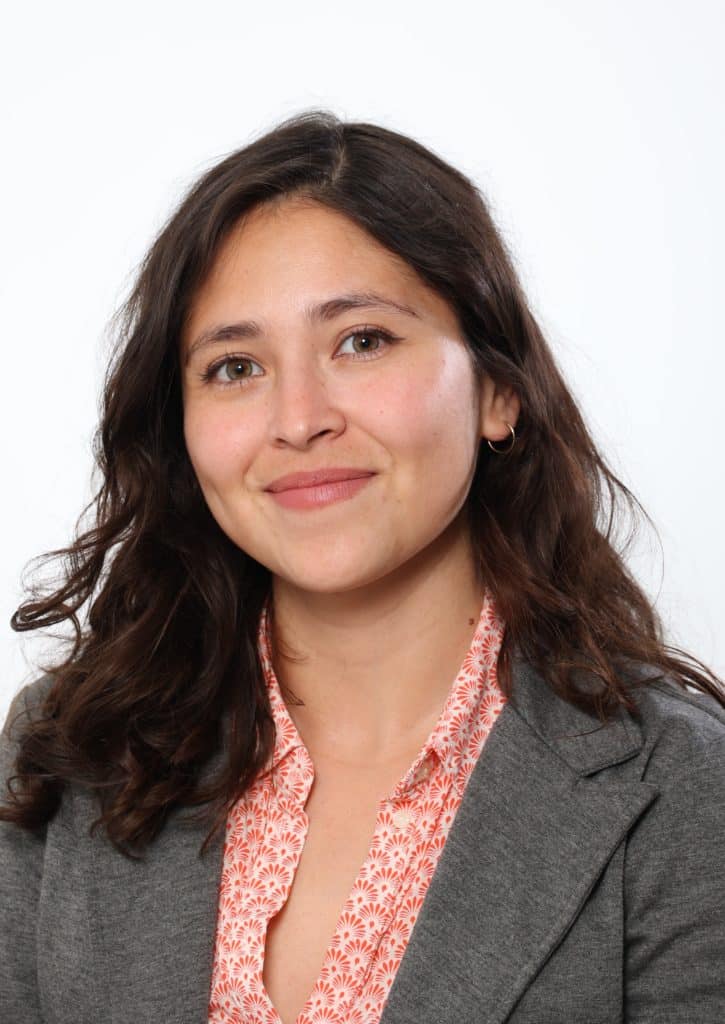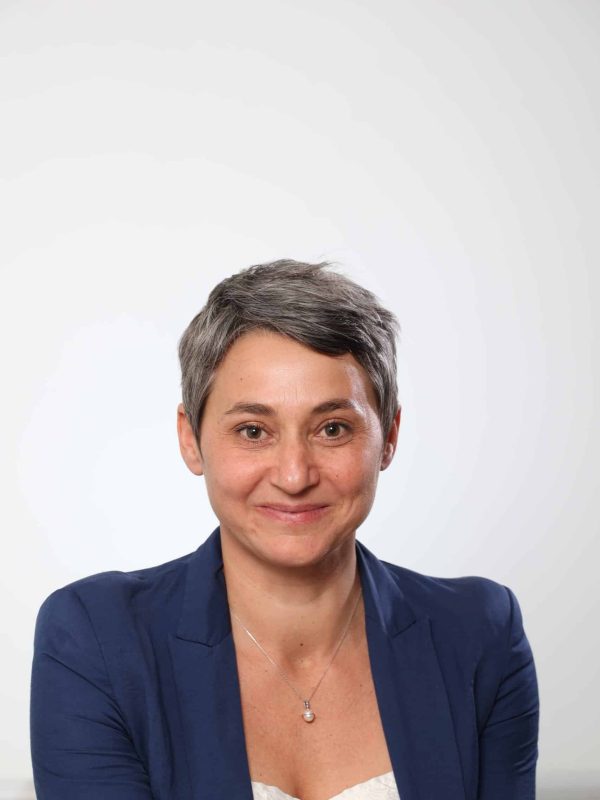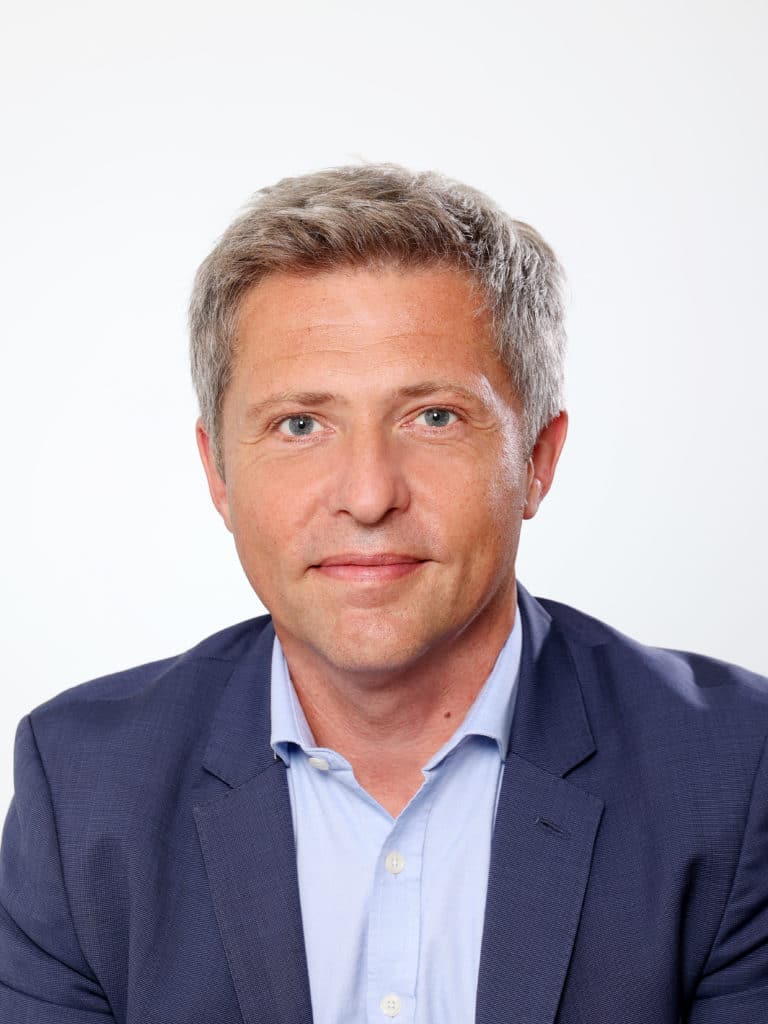En présentiel
Santé publique et aménagement des territoires : vers un urbanisme favorable à la santé
- Créativité
- Inclusion
- Résilience
- Sobriété
- Aménagement
- Espaces publics et espaces verts
- Ingénierie systémique
- Planification
- Santé
Cette formation est la concrétisation de plusieurs années de recherche et d’expertise sur le champ urbanisme, santé et environnement.
Elle est conçue conjointement par l’EHESP et l’Institut d’Aménagement et d’Urbanisme de Rennes (IAUR) pour répondre au plus près au besoin de montée en compétences des professionnels de l’urbanisme et de la santé publique.
Objectifs professionnels
A l’issue de la formation, le participant sera doté de compétences spécifiques lui permettant d’analyser, de coordonner, de piloter ou de développer des projets d’urbanisme et d’aménagement favorables à la santé pour répondre simultanément aux grands enjeux de santé publique et environnementaux.
Public visé
Directeur, cadre, chargé de mission en charge de l'aménagement, de l'urbanisme, de la santé ou de l'environnement au sein des collectivités territoriales, services de l'État, agences régionales de santé, agences d'urbanisme, aménageurs, promoteurs, bureaux d'études ou autres structures publiques ou privées.
Prérequis
Une appréhension minimale des questions d'urbanisme, d'environnement ou de santé est requise.
Compétences visées
Identifier les voies d’intégration de la santé dans tout projet d’aménagement ou d’urbanisme en s’appuyant sur les processus
de la « fabrique de la ville » et en maîtrisant le concept et les outils de l’Urbanisme Favorable à la Santé (leviers d’action,
mobilisation des acteurs, …)
Formuler des recommandations et promouvoir des actions favorables à la santé, en appliquant des référentiels d’analyse
et en mobilisant les acteurs des secteurs de l’urbanisme et de l’aménagement, de la santé publique et de l’environnement
Médias
➡Télécharger la plaquette


